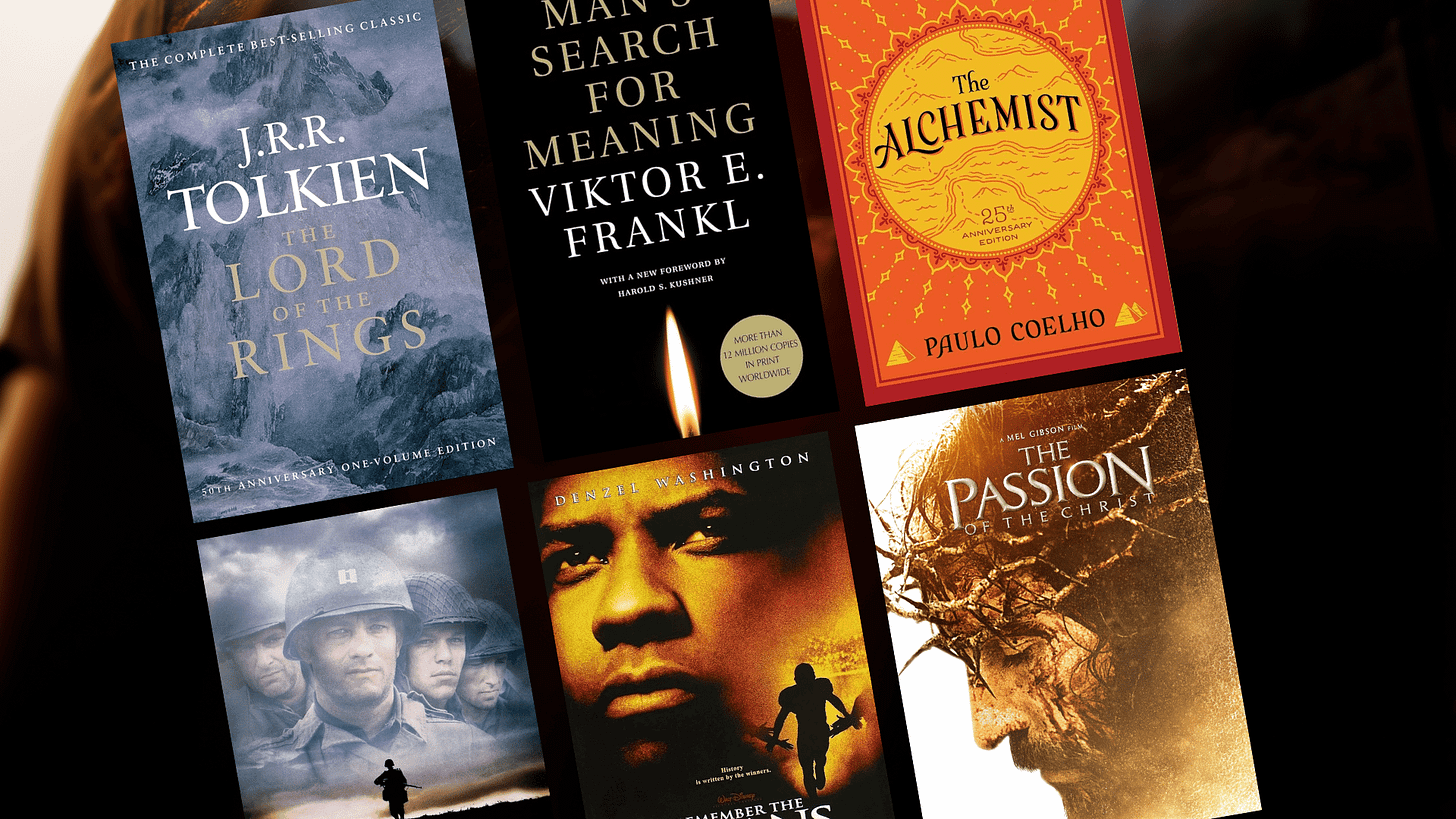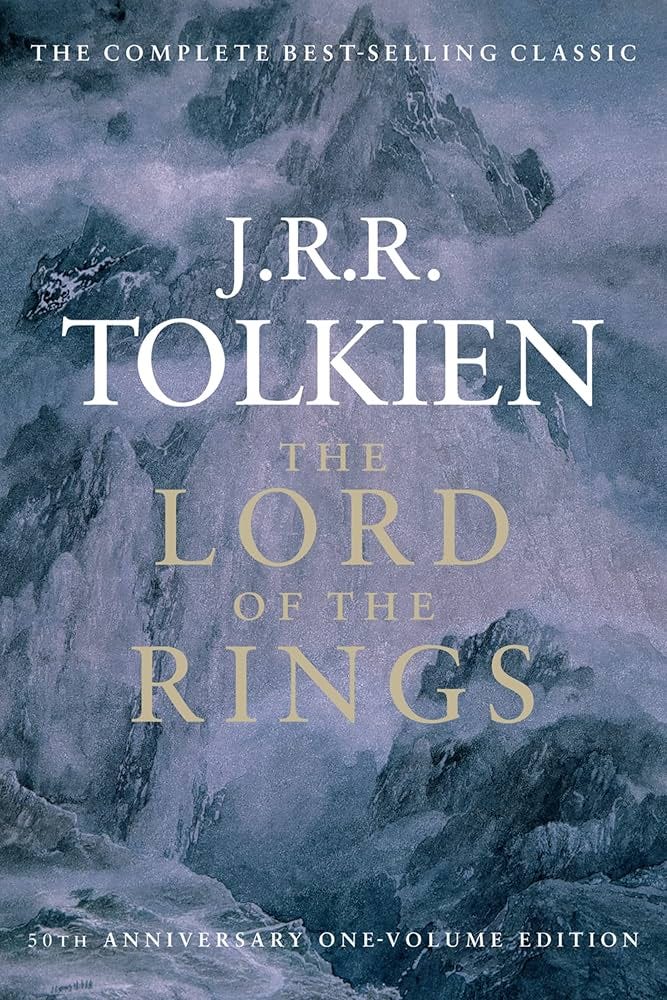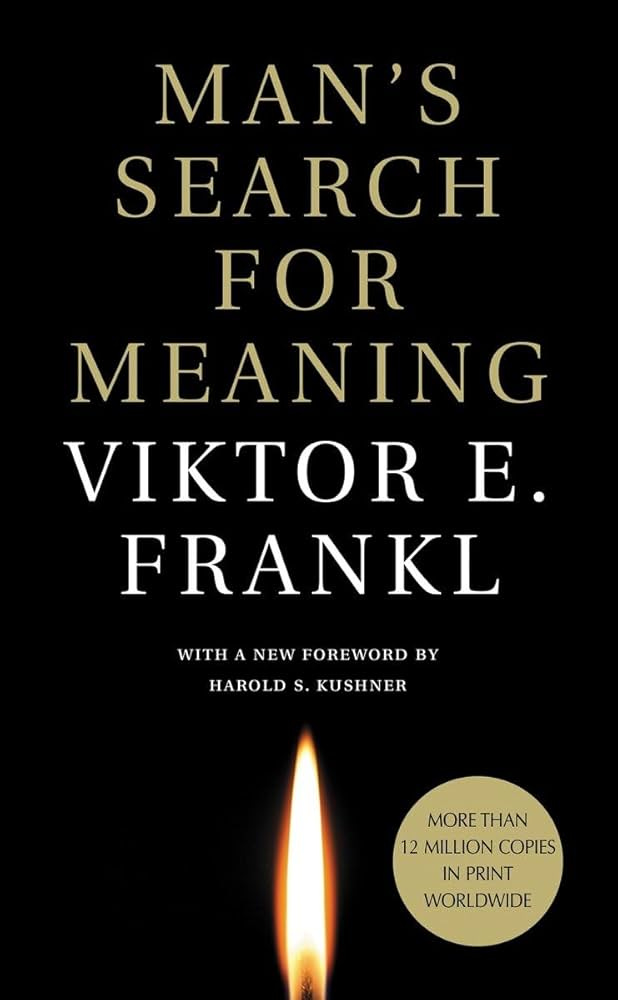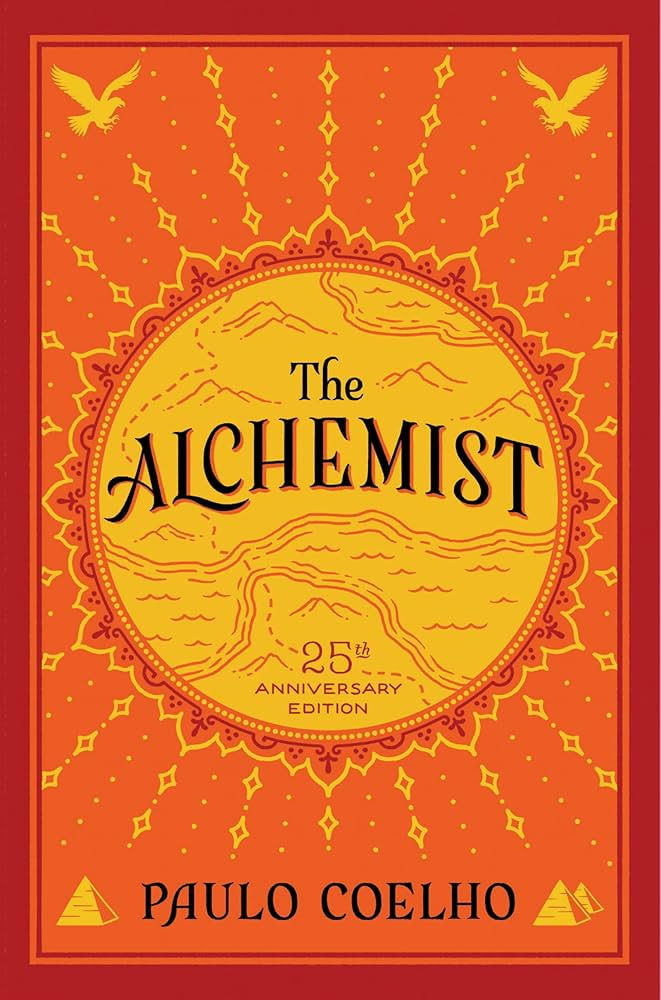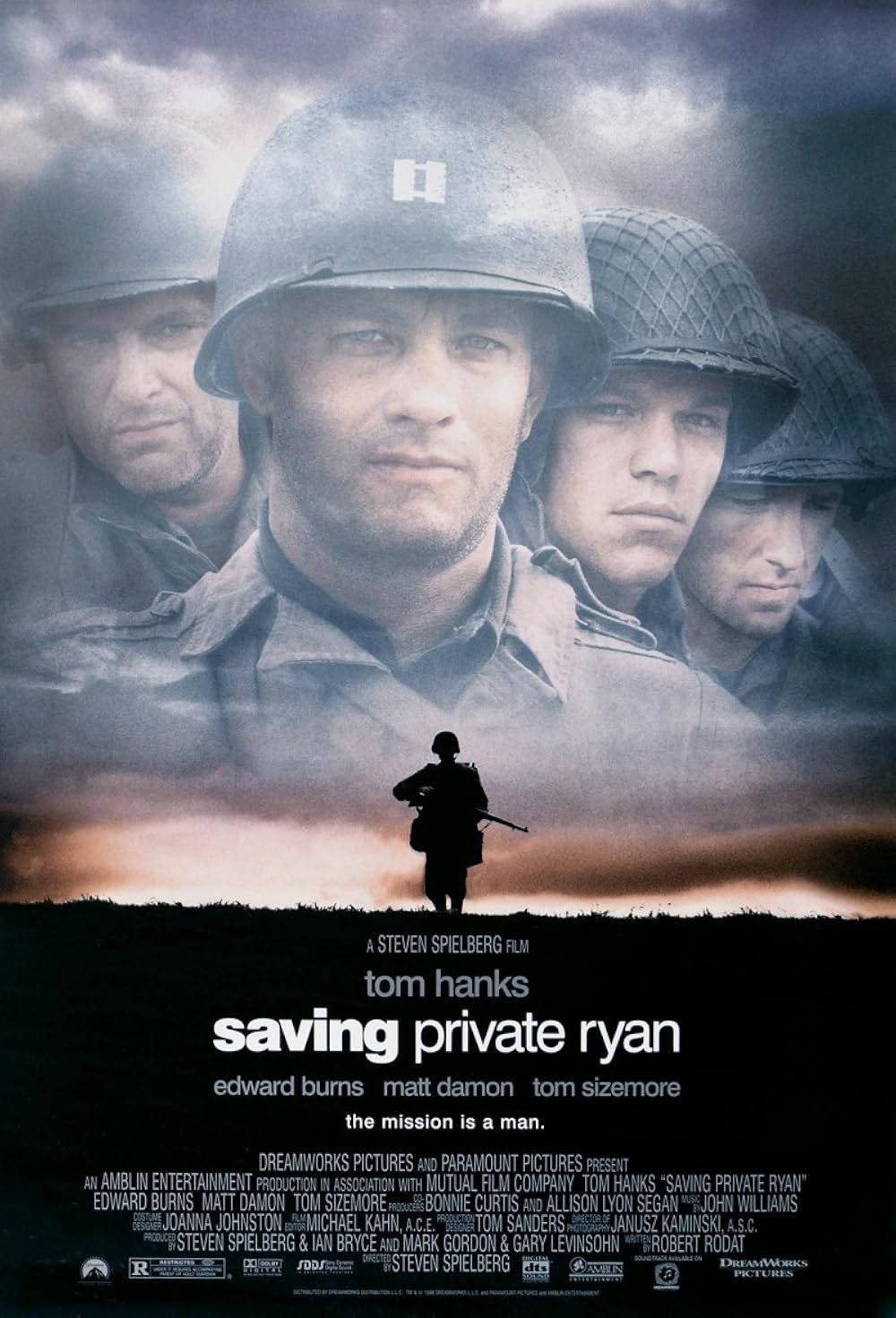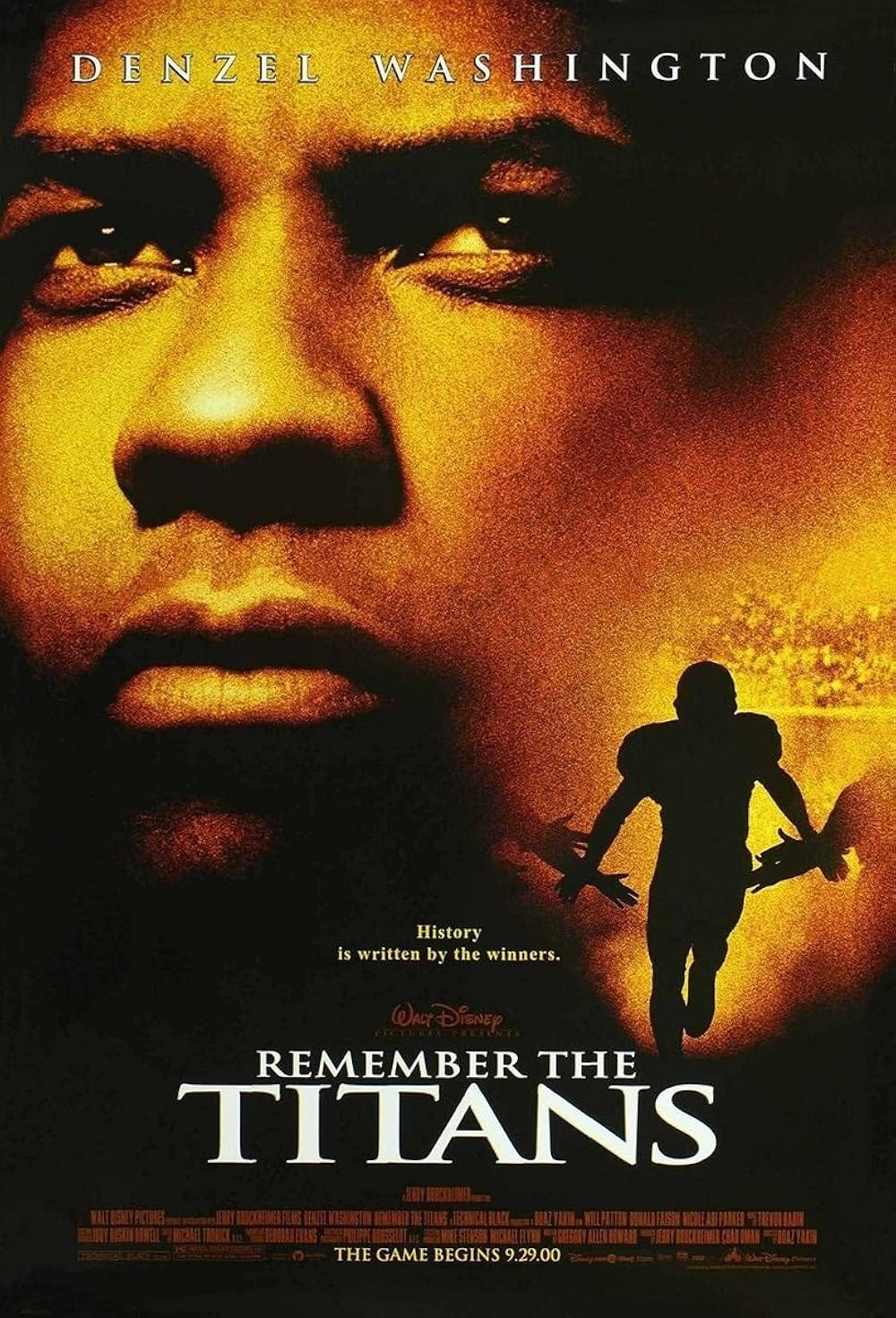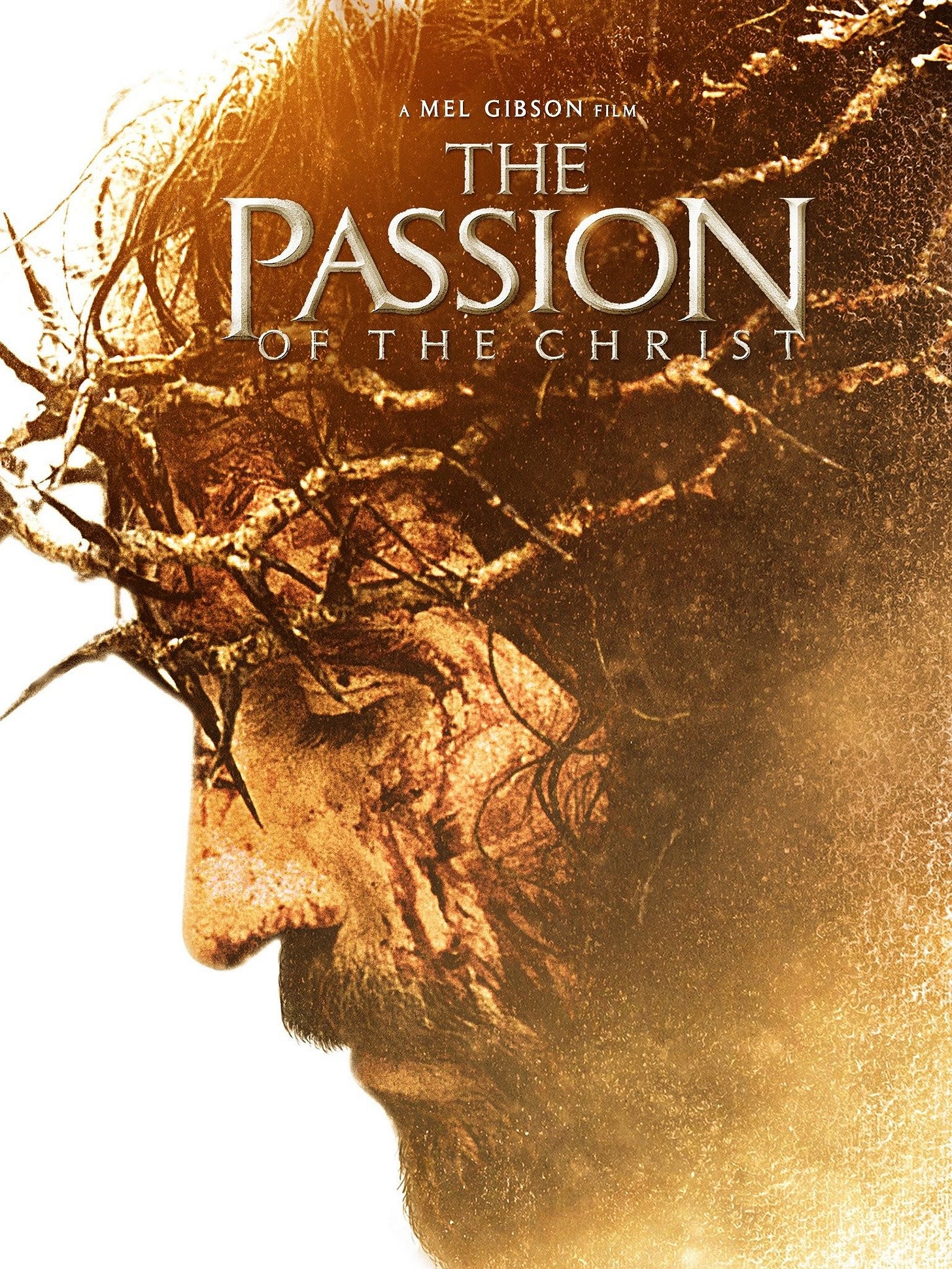Books and Films Every Man Should Wrestle With
by Chris Mann
In more than 15 years of ministry—and now working with Heroic Men—I’ve had a lot of conversations with men who are trying to figure out what life is for. Most wouldn’t put it that way, but scratch the surface of career stress, marriage struggles, boredom, or burnout, and you’ll hear it: the hunger for purpose.
Our culture doesn’t help. It reduces manhood to either aggression or passivity—fight or freeze. But we were made for more. That’s why I find myself returning again and again to a handful of books and films. They’re not just entertaining. They speak truth—truth about struggle, sacrifice, identity, and grace.
Whether you feel like Frodo staggering toward Mordor, Santiago chasing a dream, or Captain Miller trying to make your life count, these stories matter. Not just for inspiration—but because they point to the reality that your life is part of something bigger.
So grab a brother or two. Read these. Watch these. Talk about them. They won’t fix everything, but they will remind you why the fight is worth it.
The Lord of the Rings
There’s a reason this trilogy keeps coming up in men’s groups. It’s not just because of orcs and swords and epic speeches. It’s because Tolkien understood the masculine heart—and what happens when it’s asked to carry a burden it didn’t choose.
Frodo doesn’t want the Ring. He never asked for this task. He’s not the strongest or the bravest, but he’s faithful. And he doesn’t go alone. Sam, Aragorn, Gandalf—each one shows us something about real manhood: strength through service, leadership through humility, love through suffering.
Tolkien’s Catholic worldview isn’t hidden. It’s woven through every page. Evil is real. Grace is real. And each man must choose—again and again—between self-preservation and self-gift.
Every man wants to be part of a Fellowship, whether he admits it or not. This story reminds us we were never meant to go it alone.
Man’s Search for Meaning
Viktor Frankl was a psychiatrist imprisoned in a Nazi death camp. He saw what happens when life is stripped of everything except the human will—and the question of whether life is still worth living.
This book isn’t comfortable. But it is true. Frankl’s insight—that “Life is not primarily a quest for pleasure, as Freud believed, or a quest for power, as Alfred Adler taught, but a quest for meaning.”—hits hard, especially when we’re really honest about how often of our efforts -even
those that are spiritual!- are aimed at comfort or control, which are simply the more palatable words modern society uses in place of pleasure and power.
We’re taught to chase comfort, status, or control. But what we actually need is meaning. A reason that’s worth suffering for. Because, to quote Frankl again, “If there is meaning in life at all, then there must be a meaning in suffering. Suffering is an ineradicable part of life, even as fate and death. Without suffering and death human life cannot be complete.”
Frankl doesn’t give easy answers. But he does point toward a path—one rooted in choosing how we respond to suffering, even when nothing else is in our control. As Catholic men, that speaks directly to the Cross.
The Alchemist
On the surface, Paulo Coelho’s The Alchemist is light reading—a fable about a shepherd boy chasing treasure. But don’t be fooled. Beneath the poetic prose is a quiet challenge: Are you listening to the voice of God in your life?
Santiago thinks he knows what he wants. But the journey transforms him. The treasure he seeks is real—but so is the transformation that happens in the seeking.
Coelho writes, “When you want something, all the universe conspires in helping you to achieve it.” From a Catholic perspective, we might say: When God places a call in your heart, He’s already giving the grace to follow it. But you still have to move.
This book is about discernment. About listening. And about learning that what you’re looking for might be closer than you think—but still worth the journey.
Saving Private Ryan
The opening of this film is unforgettable. D-Day. Chaos. Blood. Men dying inches apart. It’s horrifying—and necessary. Because this story refuses to glamorize war. It forces you to wrestle with why we fight, and who we fight for.
Captain Miller and his men are sent to save one soldier. Just one. Because, in the words of the film, “He matters.” Even if it costs everything.
As men, we’re called to that kind of sacrifice. Not necessarily in war, but in the daily grind of dying to self—for your wife, your kids, your Church, your brothers.
There’s a line near the end that haunts me: “Earn this.” It’s not about proving your worth. It’s about living in response to a gift that cost someone else everything.
Who are you willing to suffer for?
Remember the Titans
This is more than a sports movie. Set in the racial tensions of the 1970s South, it’s a story of leadership, conversion, and brotherhood forged in adversity.
Coach Boone doesn’t coddle anyone. He demands unity, not as a feel-good slogan but as a necessity for survival. He takes a team divided by race and fear and turns them into a brotherhood.
One scene has always stayed with me. Standing at Gettysburg, Boone reminds his players that thousands died on that ground for freedom—and yet the same hatred still divides them. It’s a wake-up call.
If you’ve ever led a team, tried to heal a wound in your family, or just felt the weight of generational brokenness, this film hits close. Leadership isn’t about dominance. It’s about drawing people toward something greater.
The Passion of the Christ
This one is not entertainment. It’s not meant to be.
Mel Gibson’s The Passion is, for me, the most honest depiction of what love looks like when it costs everything. It’s Jesus, not on a greeting card, but on the Cross. Bleeding. Praying. Forgiving. Staying.
It’s easy to say “Jesus died for me.” It’s another thing to see it. To sit with the horror of the scourging. The heartbreak of Mary’s gaze. The silence of God in the face of evil.
Christ doesn’t resist the Cross. He embraces it. “No one takes my life from me,” He says. “I lay it down of my own accord.” That’s the essence of masculinity—not power, but willing sacrifice.
Watch this film prayerfully. Let it shake you. And then ask: Am I following Him?


